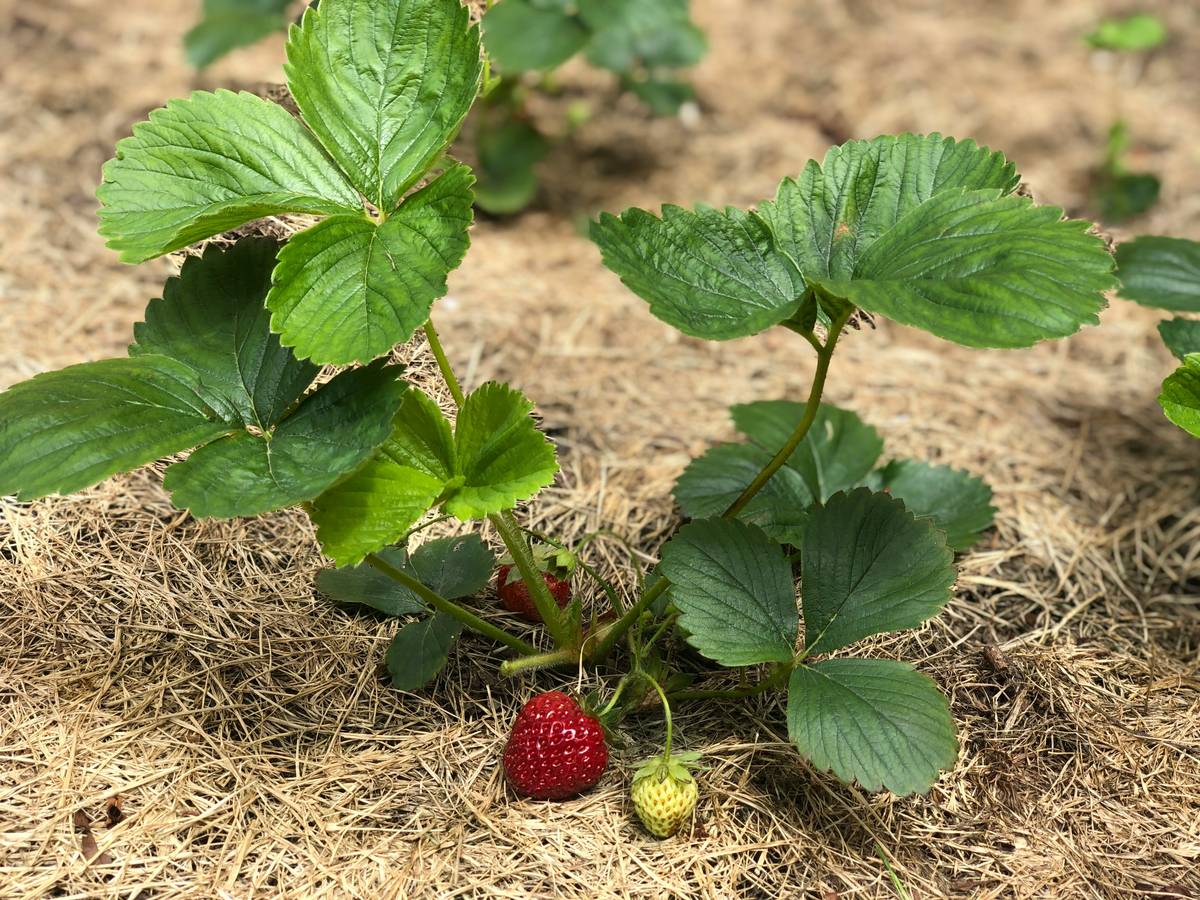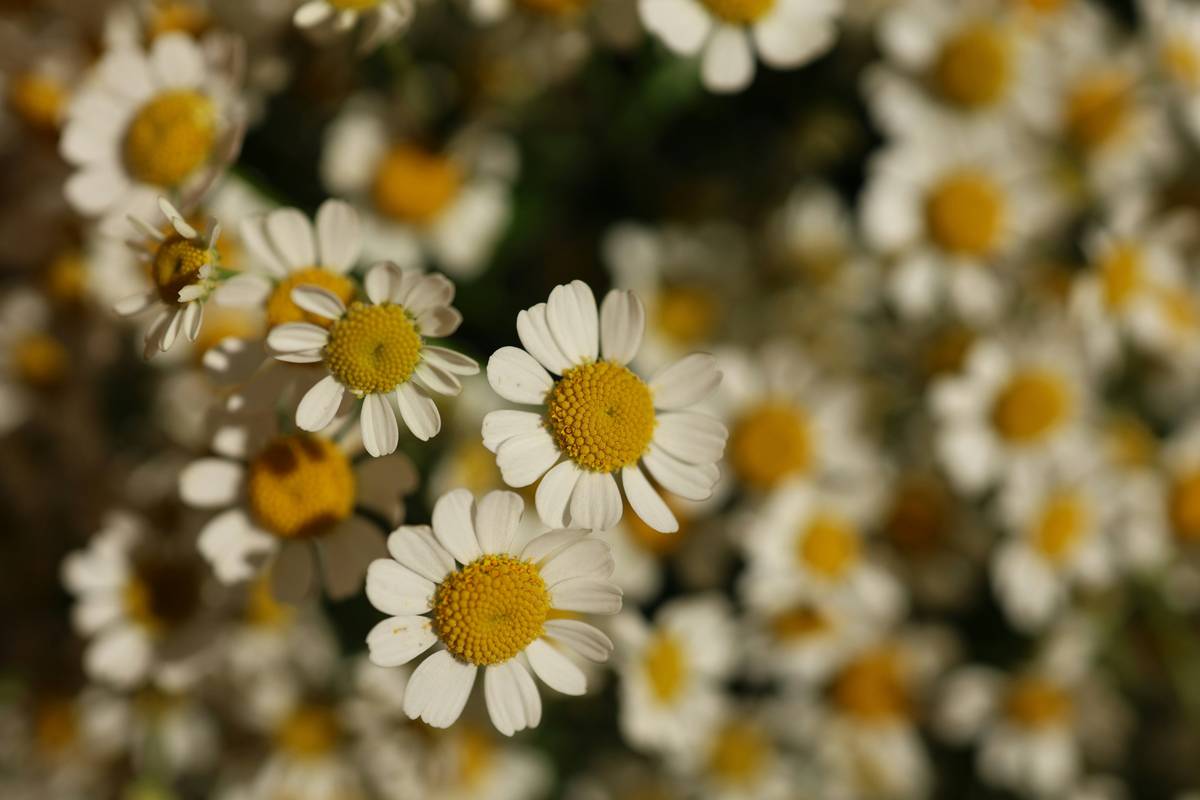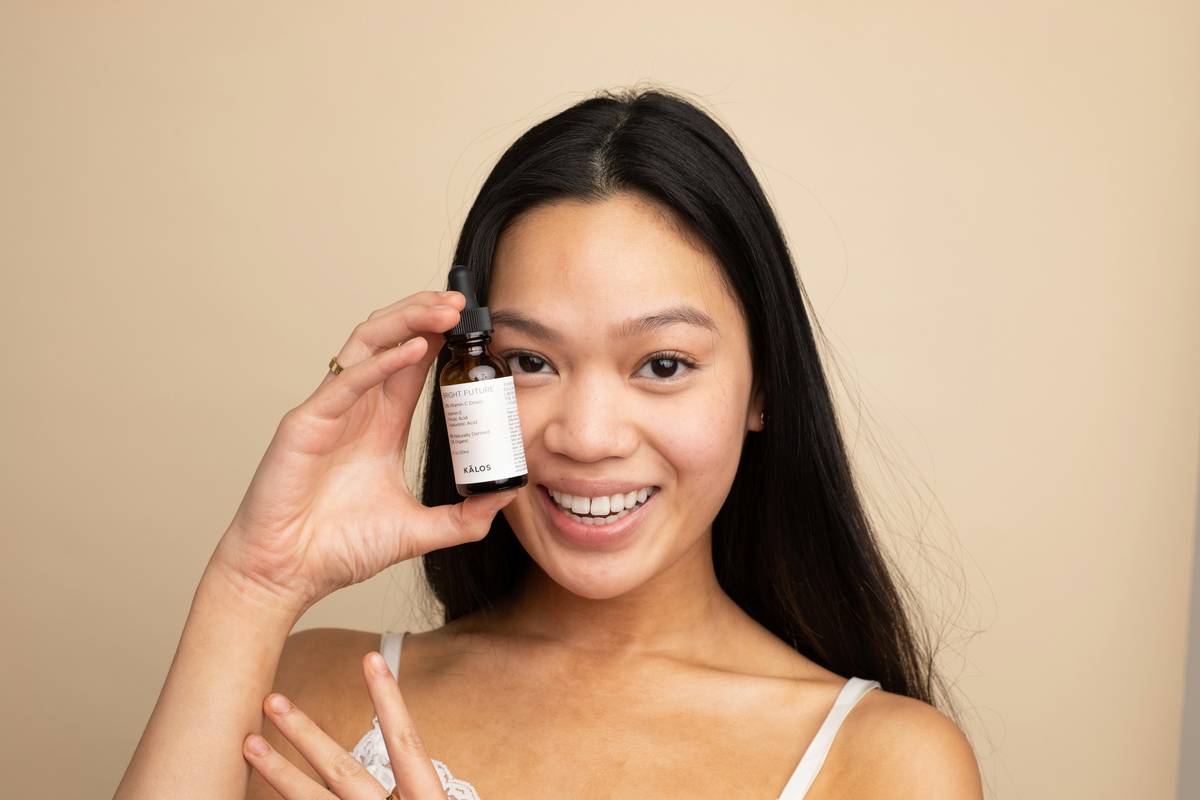“Ever stared at the label of your beauty product, squinting to decode a list of unpronounceable chemicals? Yeah, we’ve all been there.”
In a world dominated by synthetic ingredients, sustainable beauty DIYs using organic plants are here to save the day (and your skin). This guide dives deep into creating eco-friendly, natural beauty rituals with plant-based solutions that nourish both you and the planet. You’ll discover how to craft effective skincare products in your kitchen while avoiding common pitfalls like wonky ingredient ratios or accidental face slime.
Table of Contents
- Why Sustainable Beauty Matters
- Step-by-Step Guide to Your First DIY
- Pro Tips for Perfect DIYs
- Real-Life Inspiration: Transformative Stories
- FAQs on Sustainable Beauty DIYs
Key Takeaways
- Using organic plants is not only better for your skin but also reduces environmental harm.
- You can make simple yet effective beauty products at home with minimal supplies.
- Avoid overcomplicating formulas—simple recipes often work best.
- Test for allergies before fully committing to any new DIY recipe.
Why Sustainable Beauty Matters More Than Ever
Here’s something to chew on: The global cosmetics industry produces over 120 billion units of packaging every year, most of which isn’t recyclable. Scary stat, right?
I’ll confess—I once bought an expensive facial serum advertised as “organic” only to later realize it contained hidden synthetics. When I decided to try my own green tea toner one weekend, it was life-changing. Not only did my skin glow more naturally, but I didn’t have to toss another oversized plastic bottle into the trash.

Plastic waste from conventional beauty products clogs our environment.
The Case Against Overconsumption
Rant alert: Why do big brands bombard us with endless variations of serums, masks, peels, etc., when most people don’t even finish what they already own? It’s maddening!
This obsession with buying more leads to toxic cycles—for wallets AND ecosystems alike. By embracing sustainable beauty DIYs, you regain control. Plus, it feels good knowing exactly what goes onto your skin without harming Mother Nature.
Step-by-Step Guide to Crafting Your First Sustainable Beauty DIY
What You’ll Need:
- Kitchen staples like olive oil, honey, or coconut oil.
- Fresh herbs such as lavender, mint, or calendula flowers.
- Glass jars or reusable containers for storage.

Basic supplies laid out for crafting sustainable beauty DIYs.
Optimist You: “These steps sound so easy!”
Grumpy You: “Yeah, unless you accidentally add salt instead of sugar… *true story.*”
Step 1: Choose One Organic Plant Base
Start small. Pick one hero ingredient based on your needs:
- For hydration: Aloe vera gel straight from the leaf works wonders.
- For exfoliation: Sugar mixed with olive oil creates a gentle scrub.
- For anti-inflammatory relief: Chamomile steeped in water doubles as a soothing spray.
Step 2: Prep Your Ingredients
Cleanliness matters! Wash your hands, sanitize tools, and ensure fresh botanicals are pesticide-free.
Step 3: Mix and Test
Combine ingredients gradually until you get the desired texture. Patch test on your wrist before applying anywhere else.
Terrible Tip Alert:
Do NOT store your concoctions indefinitely. Even natural mixtures spoil within weeks. Refrigerate if needed and always check for off smells or mold.
Pro Tips for Flawless Sustainable Beauty DIYs
- Keep it Simple: Don’t feel pressured to include ten exotic ingredients; let the main plant shine.
- Repurpose Everyday Items: Use old spice jars as containers rather than buying new ones.
- Document Experiments: Jot down notes about what worked—and what tasted weird (yes, guilty).
Real-Life Inspiration: Success Stories with Organic Plants
Meet Sarah, who transformed her acne-prone skin using a homemade turmeric mask. She shares:
“I used to think natural solutions were just marketing fluff. But after trying this turmeric + yogurt combo twice a week for a month, my complexion cleared up dramatically!”

Turmeric and yogurt create a powerful, budget-friendly DIY solution.
Frequently Asked Questions About Sustainable Beauty DIYs
Q: Are DIY products safe?
Absolutely—as long as you use clean, food-grade materials and patch-test everything first. Avoid sharing with others due to hygiene concerns.
Q: Can these replace commercial products entirely?
While many swear by them, some issues (like retinol treatments) require professional-grade options. Start slow and identify gaps where DIYs excel.
Q: Where can I find organic plants?
Local farmers’ markets, organic grocers, or even growing your own herbs works perfectly.
Conclusion
Creating sustainable beauty DIYs powered by organic plants offers countless benefits—from clearer skin to reduced carbon footprints. Whether you’re blending chamomile sprays or whipping up sugar scrubs, remember that perfection isn’t the goal. Fun experimentation and mindfulness toward nature truly are the chef’s kiss.
Ready to roll? Grab those glass jars and start mixing responsibly.
And hey, just like reviving your Tamagotchi back in the day, consistency is key to seeing results. Happy crafting!


